detail profile boris ryzhukhin
Peran Yang Di Mainkan Boris Ryzhukhin
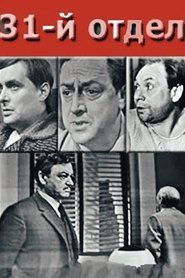 The Commissioner of Police has been...
The Commissioner of Police has been...31st Dept. 1972
The Commissioner of Police has been tasked with conducting an investigation into the threat of a terrorist attack in the building of the press concern. During the investigation, he learns about the existence of the 31st department, created by the management of the concern with the aim of eliminating the opposition press.
 Communist Anna Dronova a participant in...
Communist Anna Dronova a participant in...Anna's Happiness 1971
Communist Anna Dronova, a participant in the civil war, returns to her native village. Having become the chairman of the village council, Anna rallies the poor around her and fiercely fights with the kulaks for a new life. Meanwhile, a gang of Pantelei Lychkov successfully operates in the vicinity. By killing his own brother Yakov, who took Anna's side, he makes it clear to everyone and especially Anna that nothing wouldn't stop him.
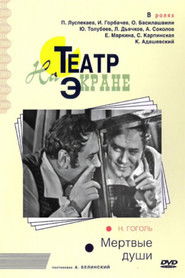 In Dead Souls Gogol posed the...
In Dead Souls Gogol posed the...Dead Souls 1969
In "Dead Souls" Gogol posed the most pressing and painful questions of modern life. The very title of the poem had enormous revealing power; it carried, according to Herzen, “something terrifying”, “he could not name it otherwise; not the revisionists - dead souls, but all these Nozdryovs. Manilovs and all those like them are dead souls, and we meet them at every step..."
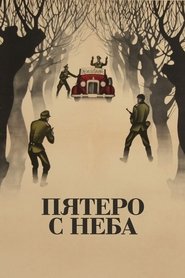 The Soviet command has alarming information...
The Soviet command has alarming information...Five From the Sky 1969
The Soviet command has alarming information about the new invention of the enemy. According to intelligence, the Nazis delivered a batch of new chemical shells filled with gas of tremendous destructive power to one of the sections of the Eastern Front. The Nazis want to test them in combat conditions, and then apply them on a large scale.
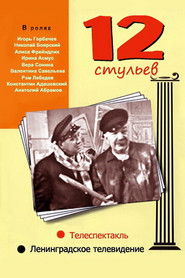 Who was the first to bring...
Who was the first to bring...12 Chairs 1966
Who was the first to bring the great novel "12 Chairs" to the screen? You say "Leonid Gaidai" - and it will be a mistake. In our country, the first director was Alexander Belinsky (Leningrad television, 1966). Filming the favorite books of millions is a difficult task. The audience knows the plot in detail. Winged phrases have long gone to the people. Everyone has their own idea of the main characters. In general, dissatisfied will be sure. So the version of "12 chairs", proposed by Alexander Belinsky, of course, will not suit everyone.
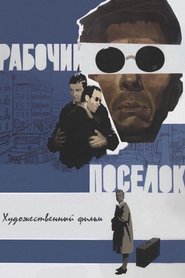 Leonid Pleshcheyev returned from the war...
Leonid Pleshcheyev returned from the war...The Worker's Settlement 1966
Leonid Pleshcheyev returned from the war blind. Against his will, he became a dependent. He drowns his grief in unrestrained drunkenness, thereby tormenting his wife Mariya and his teenage son Lyonka. Mariya finally decides to take her son and leave for Altai, but the boy runs away and returns to his father. So, together, they eke out a half-miserable existence until Grigoriy Shalagin, Pleshcheyev's longtime friend, returns from the army. It is he who awakens in Leonid the extinct self-esteem and pride of a soldier. Pity aside, he helps him get back to work.
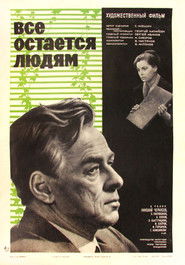 Renowned scientist Dronov works in Novosibirsk...
Renowned scientist Dronov works in Novosibirsk...All Remains to People 1963
Renowned scientist Dronov works in Novosibirsk on the creation of ultra-modern engine. He has a bad heart, he was afraid not to have time to finish the job, and test engine at a factory in Moscow, unfortunately, is not the first time passes unsuccessfully. Dronov abandons the rest of the work, even the leadership of the Institute entrusts to his disciple Morozov.
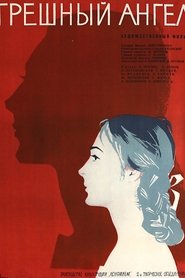 Fourteenyearold Vera Telegina sees the sea...
Fourteenyearold Vera Telegina sees the sea...A Sinful Angel 1963
Fourteen-year-old Vera Telegina sees the sea, which she had dreamed of since childhood. She is here only because her parents were repressed and she is left alone. The police chief Stavridi, having learned about the girl's misfortune, places her in a boarding school. Vera has to go through a lot. But with the concernment of new friends and sympathy of adults Vera survives until the spring of 1953, when the long-awaited telegram from her parents arrives.
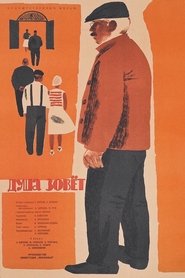 Two old Leningrad workers Sukhov and...
Two old Leningrad workers Sukhov and...The Soul Calls 1962
Two old Leningrad workers, Sukhov and Solyanov, have a long-standing friendship — they worked at the same plant, lived in the neighborhood. Now Solyanov, at the insistence of his son, decides to retire. But it is not so easy to part with his native plant, which, as it turned out, still needs an old personnel officer...
 Honored Master of Sports celebrated champion...
Honored Master of Sports celebrated champion...Winner 1961
Honored Master of Sports, celebrated champion — speed skater Alexey Streshnev feels that his time of success has passed and that it is better to leave the ice rink undefeated than to tempt fate again and again. His decision is opposed by his sports colleagues and his wife, and most importantly — he is the main rival of his former protégé, the young talented athlete Vasily Kurbatov.
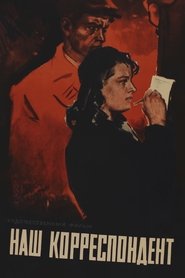 The journalist of the village newspaper...
The journalist of the village newspaper...Our Correspondent 1959
The journalist of the village newspaper Tatyana Nikitina was published in a large metropolitan newspaper, but no one from the villagers believes her, because the article itself was published under her creative pseudonym. Tatyana, offended at everyone, packed her things and left for Moscow, where she was willingly hired for a job in a central newspaper. Traveling throughout the country, she writes feuilletons and notes, finds friends and enemies, finds and does not lose loved ones...
 Military doctor Vladimir Ustimenko is a...
Military doctor Vladimir Ustimenko is a...My Dear Fellow 1958
Military doctor Vladimir Ustimenko is a man of duty and honor, committed to the cause he serves, and one single love that he carries through his whole life: Varvara Stepanova is a whimsical girl who dreamed of becoming a great actress but eventually became a geologist. The war will cruelly interfere in the fate of the heroes and confuse their relationship even more.
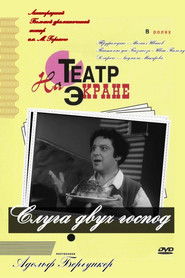 A funny comedy based on the...
A funny comedy based on the...Servant of Two Masters 1953
A funny comedy based on the famous theater play "Servant of Two Masters" by Carlo Goldoni.

 Mycroft Holmes hands Sherlock Holmes the...
Mycroft Holmes hands Sherlock Holmes the...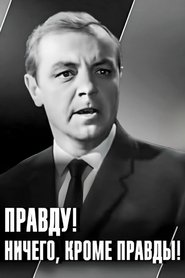 About the trial of the October...
About the trial of the October...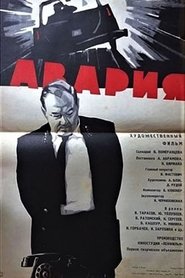
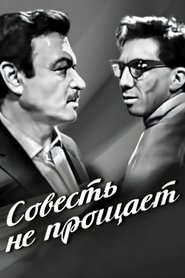 Nurdin is a man who failed...
Nurdin is a man who failed...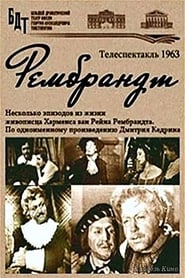
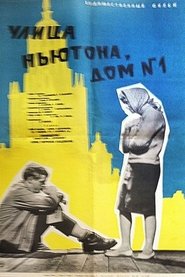
 Victor Ace loves to sing but...
Victor Ace loves to sing but...